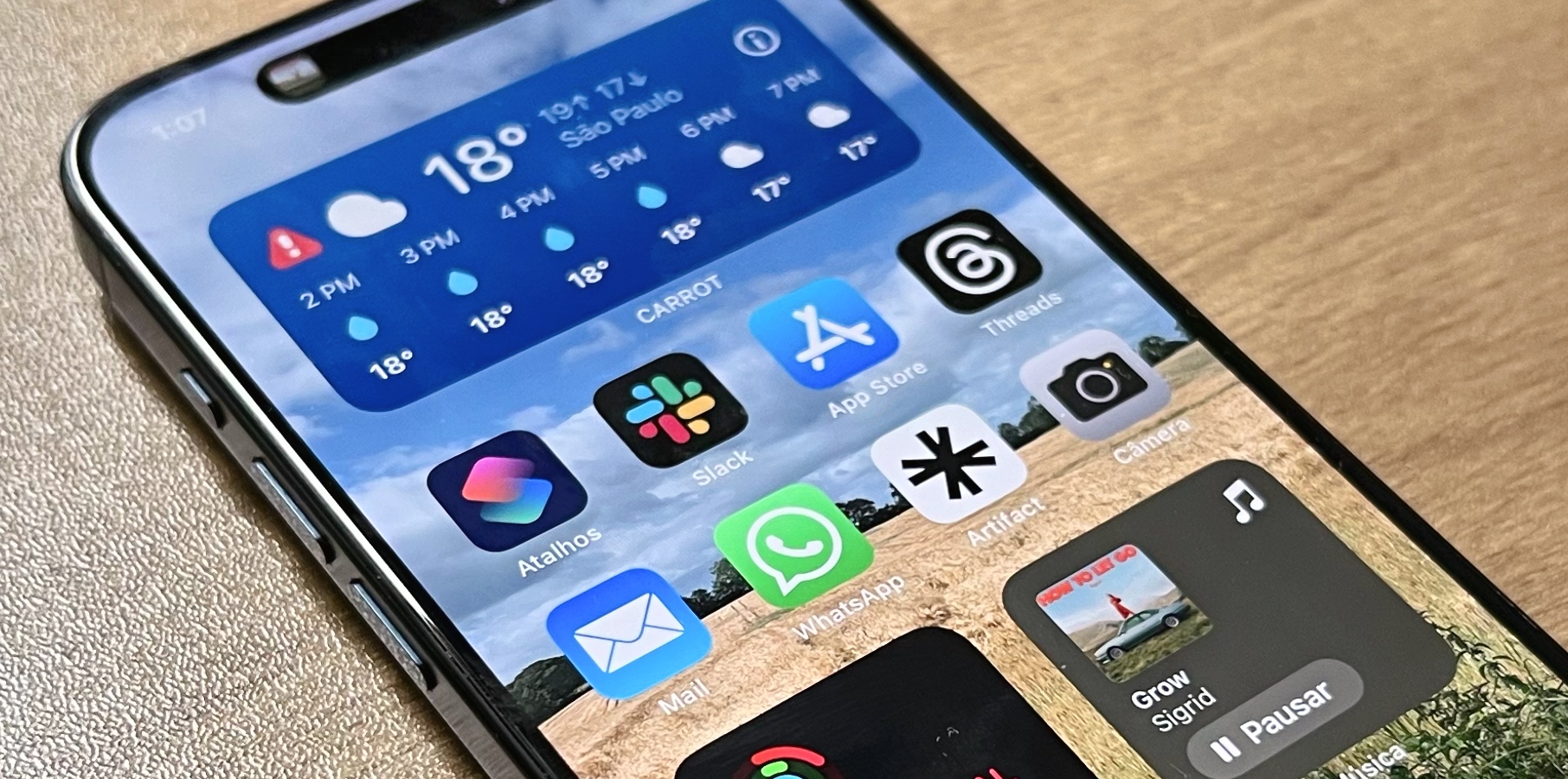The big picture: The relationship between Apple and Meta has turned particularly sour over the last couple of years, chiefly due to anti-tracking policies on Apple devices. According to a new report, however, the two companies once tried to find a compromise. Nonetheless, differences between their revenue streams continue to create problems between the two.
The Wall Street Journal reports that during the years before Apple’s tracking restrictions hurt Meta’s business, the companies floated ideas for Meta – then called Facebook – to share some of its revenue with Apple. Apple’s App Store would have been the primary channel for the agreement.
Even before Apple started letting iPhone users opt out of tracking from advertisers – angering Facebook – tension existed between the two companies. Some Apple executives were annoyed that Meta’s apps like Facebook and Instagram were among the most popular on the App Store but generated no revenue for Apple.
Between 2016 and 2018, Facebook and Apple discussed multiple ways in which Apple could make money from the social media platform. One was a subscription-based ad-free version of Facebook. Facebook would have let subscription payments go through the App Store’s payment processor, giving Apple a 30 percent cut of subscription revenue from users on their platform.
Another idea involved boosted posts, or Facebook posts that receive increased visibility when users or businesses pay for them. Facebook could have offered sponsorships as in-app purchases on the Facebook app, giving Apple a sales cut. Ultimately the proposals didn’t pan out, as the feud between the two companies intensified.
When Apple announced the ad-tracking opt-out feature in iOS 14.5 in late 2020, Facebook responded with attack ads. After the update’s launch in April 2021, most iPhone users asked not to be tracked, which slammed Meta’s ad revenue.
Sources told the WSJ the social media company considered shutting down in-app tracking before the update in order to decrease its reliance on iOS and Android. Meta decided against it for fear of revenue loss, which happened anyway.
Opting out of in-app tracking doesn’t fully protect iPhone users from Meta’s ad tracking. This week, a researcher discovered that Facebook’s and Instagram’s in-app browsers insert tracking code into every site they visit. Meta claims this feature exists only to save payment information to make purchases through those apps easier.
Disagreements between Meta and Apple might not dissipate anytime soon due to their fundamentally different business models. Facebook and Instagram primarily make money through ads, while Apple’s main revenue streams come from selling hardware and software. Locking out ad-tracking makes Apple’s products more appealing but directly conflicts with Meta’s products.





















Discussion about this post